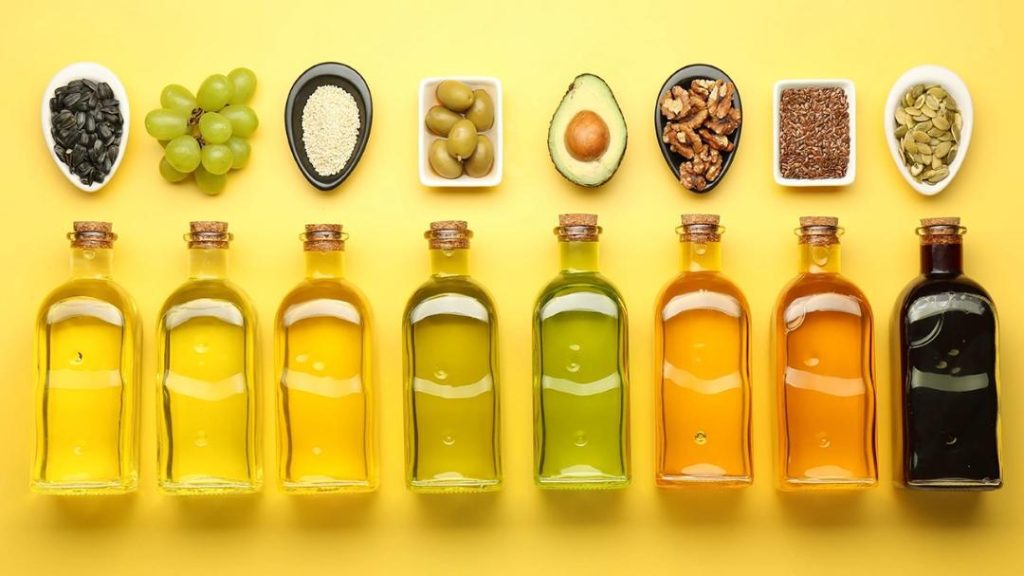
What do experts say about health hazards & benefits of seed oils?
Seed oils, which are extracted from seeds such as sunflower, canola, and flaxseed, have been a topic of controversy in recent years. Critics of seed oils claim that they contain toxic byproducts of hexane, a chemical considered hazardous in gaseous form. However, experts in the field of food science are debunking these myths and revealing the science behind the benefits and risks of seed oils.
One of the main concerns about seed oils is the presence of hexane, a chemical used in the extraction process. Hexane is a known respiratory irritant and can be harmful if inhaled in large quantities. However, according to Massachusetts University Food Science Professor Eric Decker, the residue of hexane in seed oil is not a cause for concern.
“Hexane is a solvent that is used in the extraction process, but the levels of hexane that are present in the final product are extremely low,” Decker said. “You would have to consume an enormous amount of seed oil to even come close to the levels of hexane that are considered safe by regulatory agencies.”
Another concern about seed oils is their potential to increase inflammation in the body. Some critics claim that the high levels of unsaturated fatty acids in seed oils can lead to chronic inflammation, which is linked to a range of health problems including heart disease and cancer. However, an Ohio University Food Science professor disagrees.
“Seed oils don’t increase acute or chronic inflammation markers,” the professor said. “In fact, many seed oils are high in alpha-linolenic acid, an omega-3 fatty acid that has been shown to have anti-inflammatory effects.”
So, what are the benefits of seed oils? One of the main benefits is their high levels of heart-healthy fatty acids. Seed oils are rich in unsaturated fatty acids, which can help to lower cholesterol levels and reduce the risk of heart disease. They are also a good source of antioxidants, which can help to protect against cell damage and reduce the risk of chronic diseases.
Another benefit of seed oils is their versatility. They can be used in a variety of culinary applications, from cooking and baking to making salad dressings and marinades. They are also a popular choice for making homemade cosmetics and personal care products.
Despite the benefits of seed oils, there are some potential risks to be aware of. Some seed oils can be high in omega-6 fatty acids, which can be pro-inflammatory in large quantities. Additionally, some seed oils may be contaminated with pesticides or other chemicals during the production process.
To minimize the risks associated with seed oils, it’s important to choose high-quality products that are extracted using safe and sustainable methods. Look for seed oils that are labeled as “expeller-pressed” or “cold-pressed,” as these methods are generally considered safer and more environmentally friendly.
In conclusion, while seed oils do contain some potential risks, the experts say that the benefits far outweigh the risks. Seed oils are a nutritious and versatile addition to a healthy diet, and can provide a range of health benefits when consumed in moderation. By choosing high-quality products and being aware of the potential risks, you can enjoy the benefits of seed oils while minimizing the risks.






